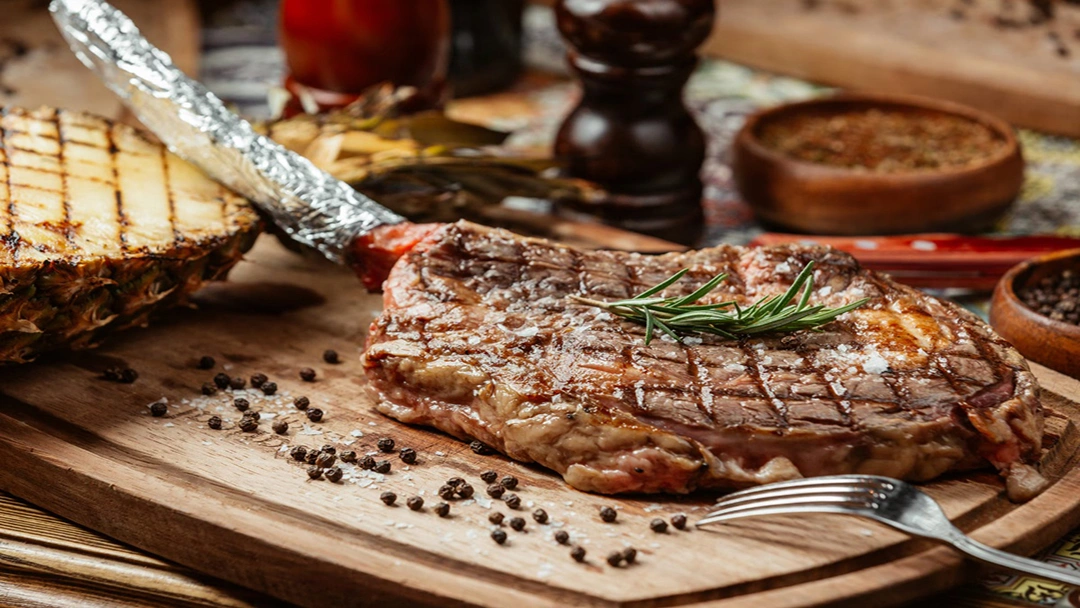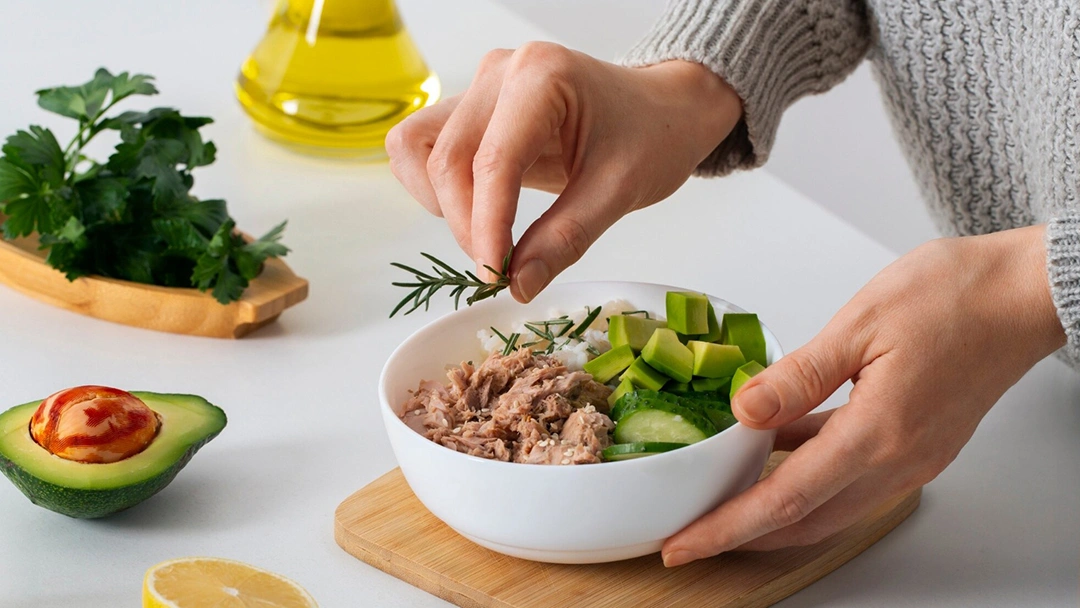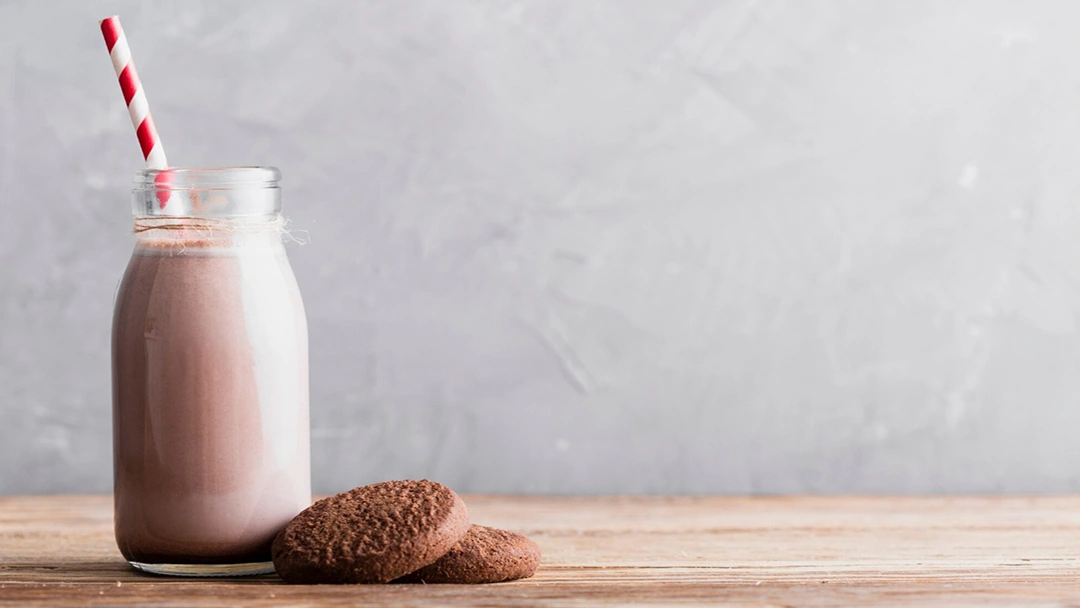Carnivore Diet for Females vs. Males
Both men and women can use the Carnivore Diet, but what is called the female Carnivore Diet focuses on the feminine side of this diet and tries to find out how beneficial this diet can be to women.
Why does the diet focus on women? Because the female body has a different status and needs from the male body. For example, female and male bodies differ in calorie and protein needs, and there are hormonal differences; also, pregnancy changes a lot of things in the female body.
So, remember that you need to find a diet made for you. Your gender can make a difference because your body needs different things. So, a male diet program cannot be the best for a female. The best version is a plan made especially for you.
But what are the main differences between the male and female bodies regarding the Carnivore Diet?
Learn More: 10 Carnivore Diet Mistakes Ruining Your Results
Caloric Intake
Generally, men require more calories than women due to physiological differences such as larger body size, greater lean muscle mass, and higher basal metabolic rate (BMR).
Muscle tissue is metabolically active, meaning it burns more energy even at rest compared to fat tissue.
According to the National Institutes of Health (NIH), men’s BMRs are on average 5-10% higher than women’s of the same weight and age.
This means that, on a Carnivore Diet, men can usually consume more food, especially fatty cuts of meat, without exceeding their energy needs.
However, women generally have a higher body fat percentage and a lower proportion of lean muscle tissue, which means slightly lower caloric needs.
For women on a Carnivore Diet, this means portion control and fat balance become more important to avoid overeating. So, tracking caloric intake can help maintain a healthy weight and energy levels while gaining nutrients from animal-based sources.
Learn More: The Low-Carb Diet: Your Free Beginner’s Guide
Protein Intake
Protein needs are influenced by muscle mass, age, and physical activity level. Because men generally have more skeletal muscle, they need more daily protein to maintain and build muscle tissue.
Studies show that active men can benefit from consuming 1.6 to 2.2 grams of protein per kilogram of body weight daily, especially when doing resistance training or physical activities.
For women, protein needs are a bit lower but still essential, especially during midlife when muscle preservation is crucial to prevent sarcopenia (age-related muscle loss).
Women can consume 1.2 to 1.8 grams of protein per kilogram of body weight, depending on their goals and activity levels.
On a Carnivore Diet, women are better to use nutritious but moderate-protein sources, such as fatty fish, eggs, and organ meats, to balance amino acid intake and avoid excessive gluconeogenesis (change of protein into glucose).
Nutrient Needs
Biological differences between men and women also influence micronutrient needs. Women, due to menstrual blood loss, have significantly higher iron needs, about 18 mg per day compared to men’s 8 mg.
While red meat and organ meats are rich and bioavailable heme-iron sources, females on a Carnivore Diet should still monitor their iron levels to prevent anemia, especially if they experience heavy menstrual bleeding.
Calcium and vitamin D are also critical for women’s bone health, especially after menopause when estrogen levels decline and bone resorption increases.
Meanwhile, men generally need higher zinc and selenium to support testosterone production and sperm health. Eating enough organ meats, seafood, and fatty cuts of meat helps both genders meet these differing nutrient needs.
Learn More: The Keto Diet: A Free Guide to Lose Weight & Improve Health
Hormonal Considerations
Hormonal systems significantly affect metabolism, nutrient needs, and even how men and women respond to dietary changes.
In women, estrogen and progesterone influence fat storage, energy utilization, and water retention, all of which can go up and down during the menstrual cycle.
These hormonal changes can cause changes in appetite or energy levels for women following the Carnivore Diet.
However, men rely on testosterone to regulate muscle mass, fat distribution, and recovery. Diets rich in high-quality animal fats and cholesterol help testosterone synthesis, as cholesterol contributes to the production of steroid hormones.
Maintaining hormonal balance in both genders depends on enough fat intake, micronutrients like zinc and B vitamins, and energy sufficiency, which a balanced Carnivore Diet can provide.
Pregnancy
During pregnancy and breastfeeding, women require more nutrients for fetal growth and milk production. Essential nutrients include folate (for neural development), calcium (for fetal bone formation), and omega-3 fatty acids (for brain and eye development).
While animal-based foods like liver, egg yolks, and fatty fish are rich in many of these nutrients, some may lack enough folate unless they consume organ meats regularly.
Please remember to be under the direct supervision of healthcare professionals if you want to start a new diet, including Carnivore.
Learn More: Pemmican Recipe: How to Make Pemmican for Keto and Carnivore
Fertility Considerations
Fertility is linked to nutritional status and hormonal balance. While a protein-rich diet like Carnivore can cause satiety and lean body composition, consuming too much protein with insufficient fat can impair reproductive function in women by disrupting estrogen balance or lowering leptin levels, a hormone linked to ovulation.
Studies have shown that very low-carbohydrate or high-protein diets can sometimes lead to menstrual irregularities in women with low body fat percentages.
For men, consuming enough zinc, selenium, and cholesterol-rich foods helps sperm health and testosterone production.
Therefore, while a Carnivore Diet can help reproductive health by improving insulin sensitivity and reducing inflammation, women who are trying to conceive need to consult their doctor before starting this diet.
Health Goals
Men and women can have different health goals, which shape how they do the Carnivore Diet. Men usually focus on muscle growth, strength, and testosterone improvement.
Their diets can lean toward higher protein and calorie intake from red meats, eggs, and organ meats to boost hypertrophy and recovery.
Women, however, prioritize hormonal balance, skin health, or bone strength. They can benefit from including more collagen-rich foods like bone broth or oxtail, omega-3 fatty fish to reduce inflammation, and calcium-rich foods like sardines with bones.
Since women are also more prone to thyroid issues and osteoporosis, maintaining nutrient density and avoiding calorie restriction are key to a healthy Carnivore Diet.
Now that we know the basics, let’s see if there are specific foods women need to eat and avoid on a Carnivore Diet.
Learn More: 20 Best Carnivore Soup Recipes + Tips and Benefits
[cta-meal-plan]
What Should Women Eat on the Carnivore Diet?
Female and male Carnivores generally need to eat the same things, i.e., consume only animal products and avoid plant-based foods.
However, the amount, portion, number of meals, and the amount of fat and protein intake may differ. To have a healthy female Carnivore Diet, consider the following points:
Consume Enough Protein
Protein is necessary to maintain and repair muscles, especially for women doing regular physical activities or resistance training. It becomes vital for women who do intense exercise, are pregnant, or are breastfeeding. Provide protein from beef, poultry, fish, and eggs.
Iron-Rich Foods
Women need more iron reserves due to menstruation. So, consuming iron-rich foods like red meat, liver, and organ meats is important to prevent iron deficiency or anemia.
Bone Health
For some hormonal reasons, and again because of menstruation, women need more calcium to avoid osteoporosis. The Carnivore Diet is not generally so rich in calcium, so you may need to take supplements to support bone health. You can also consume dairy and seafood for bone health.
Omega-3 Fatty Acids
Omega-3 fatty acids help heart health and alleviate menstrual symptoms. Fatty fish like salmon or fish oil supplements are good sources of Omega-3 fatty acids.
[cta-gocarnivore-plans]
Hormonal Balance
Consuming low carbohydrates and high amounts of fat in the Carnivore Diet can help alleviate symptoms related to hormonal issues like irregular menstrual cycles or polycystic ovary syndrome (PCOS).
Learn More: The Healthiest Mayo for Carnivore and Keto Diets





























